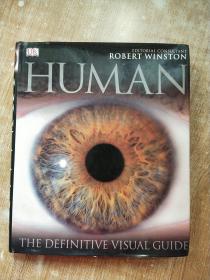
Human Communication as NarrationCarroll C Arnold
书籍内容简介可联系客服查阅,查书找书开票同样可以联系客服
¥ 368 ¥ 368 九五品
仅1件
作者Carroll C Arnold
出版社The University of South Carolina Press
ISBN9780872496248
出版时间1989-03
装帧平装
定价368元
货号YB-87093
上书时间2024-06-26
- 最新上架
商品详情
- 品相描述:九五品
- 商品描述
-
内容摘要
This book addresses questions that have concerned rhetoricians, literary theorists, and philosophers since the time of the pre-Socratics and the Sophists: How do people come to believe and to act on the basis of communicative experiences? What is the nature of reason and rationality in these experiences? What is the role of values in human decision making and action? How can reason and values be assessed? In answering these questions, Professor Fisher proposes a conceptualisation of humankind as homo narrans, that all forms of human communication need to be seen as stories―symbolic interpretations of aspects of the world occurring in time and shaped by history, culture, and character; that individuated forms of discourse should be considered "good reasons"―values or value-laden warrants for believing or acting in certain ways; and that a narrative logic that all humans have natural capacities to employ ought to be conceived of as the logic by which human communication is assessed.
相关推荐
-

HUMAN
八五品深圳
¥ 150.00
-

HUMAN
九品北京
¥ 155.00
-

HUMAN
八五品惠州
¥ 177.00
-

HUMAN
九五品石家庄
¥ 200.00
-

HUMAN
七五品石家庄
¥ 35.00
-

human
九五品北京
¥ 170.00
-

HUMAN
八五品深圳
¥ 150.00
-

HUmAn
八五品北京
¥ 110.00
-
![现货Online Intercultural Exchange: Policy, Pedagogy, Practice (Routledge Studies in Language and Intercultural Communicatio)[9781138932876]](https://www0.kfzimg.com/sw/kfz-cos/kfzimg/17733071/a94476a5959934af_s.jpg)
现货Online Intercultural Exchange: Policy, Pedagogy, Practice (Routledge Studies in Language and Intercultural Communicatio)[9781138932876]
九五品上海
¥ 1536.00
-

Human Physiology
八五品沧州
¥ 348.93
— 没有更多了 —












以下为对购买帮助不大的评价